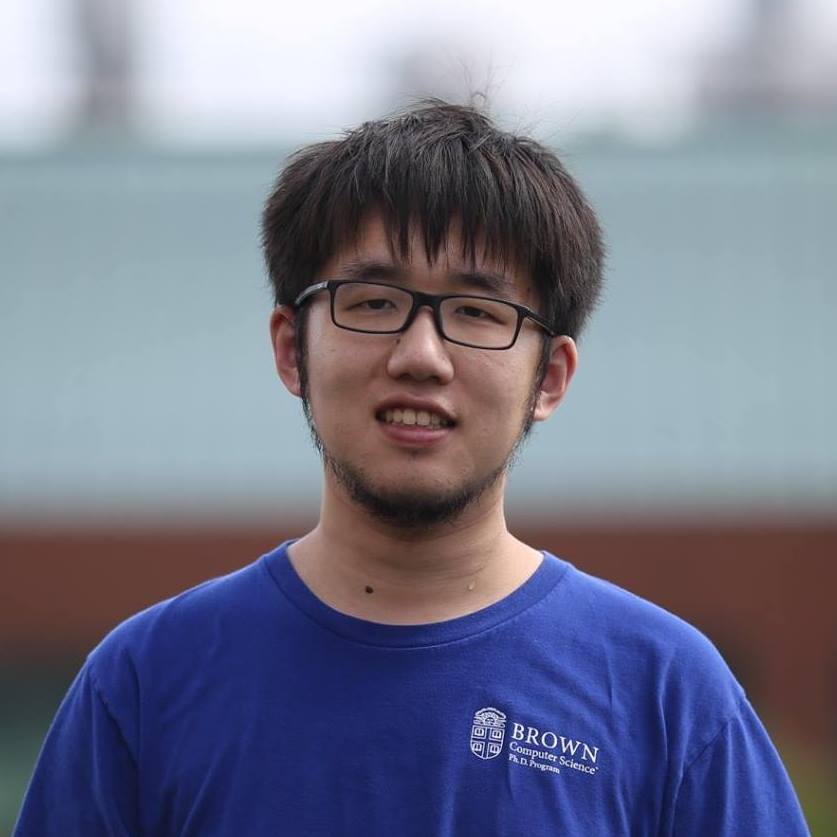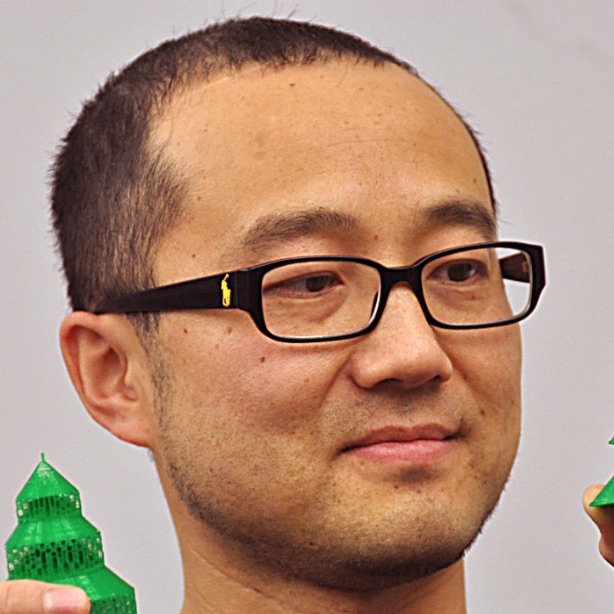Second Workshop on
3D Vision and Modeling Challenges in eCommerce
ECCV 2024 Workshop
Introduction
This workshop aims to bring together researchers working on 3D computer vision and graphics for eCommerce, with a focus on the three topics: (1) 3D shape/scene understanding and generation e.g. semantic segmentation, affordance and motion, multi-view reconstruction; (2) Digital human and fashion e.g. virtual try-ons and personalized fashion recommendation; (3) Foundation-model-assisted reasoning e.g. shape/scene synthesis from texts, language grounding in 3D models and diffusion-based 3D generative models. We successfully hosted the the first 3DV in eCommerce workshop at ICCV 2023 which was very well-received and inspiring to the audience. In this second workshop, we are inviting a fully new line of speakers including 3 keynote presentations from academia and 3 talks from industry experts.
Schedule
All times in Italy Time (UTC+02:00)
| 9:00am - 9:05am | Welcome and introduction | |
| 9:05am - 9:35am | Justus Thies
Title: Multi-modal 3D Human Analysis and Synthesis |
|
| 9:35am - 10:05am | Zhao Dong
Title: Democratizing Digital Twins: Path to Frictionless 3D Digital Twin Creation for Everyone |
|
| 10:05am - 10:35am | Xavier Giró
Title: Image Generation at Scale |
|
| 10:35am - 11:00am | Coffee break | |
| 11:00am - 11:30am | Angjoo Kanazawa
Title: Scaling 3D Capture and Latest Updates on nerfstudio/gsplat |
|
| 11:30am - 12:00pm | Reza Shirvany
Title: Reshaping Fashion: 3D and Generative AI Solutions for Perfect Size and Fit |
|
| 12:00pm - 12:30pm | Chuang Gan
Title: Building 3D World Models for Embodied General Intelligence |
Invited Speakers
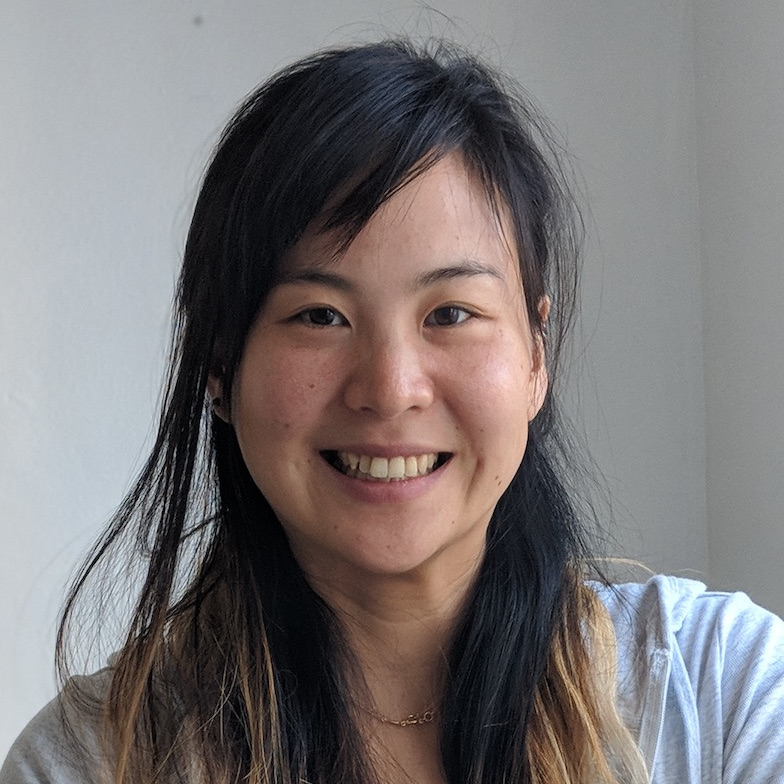
Angjoo Kanazawa Assistant Professor at UC Berkeley. Her research focuses on the perception of the dynamic 3D world behind everyday photographs and video. Her lab is interested in developing methods that can learn a structured model of the world from visual observations. She also advises Luma AI.

Justus Thies Professor at TU Darmstadt. He is interested in marker-less motion capturing of facial performances, human bodies as well as general non-rigid objects. Besides capturing and reconstructing reality, he works on AI-based synthesis techniques that allow for photorealistic image and video synthesis.

Chuang Gan Assistant Professor at UMass Amherst and a research manager at MIT-IBM Watson AI Lab. The overarching goal of his research is to build a human-like autonomous agents that is capable of sensing, reasoning, and acting in the physical world, with a recent focus on 3D large language models.

Xavier Giró Applied Scientist at Amazon Barcelona, in the team lead by Aleix Martinez and Francesc Moreno-Noguer. Before joining Amazon, he was an associate professor at the Universitat Politecnica de Catalunya (UPC), also in Barcelona. His current research interests focus on image generation, and their automatic quality assessment.
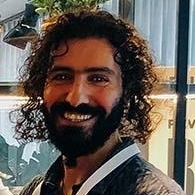
Reza Shirvany Director of Applied Science at Zalando, leading a multi-disciplinary team of applied scientists that develop customer facing AI driven products in online Fashion, for example the Zalando Virtual Fitting Room.
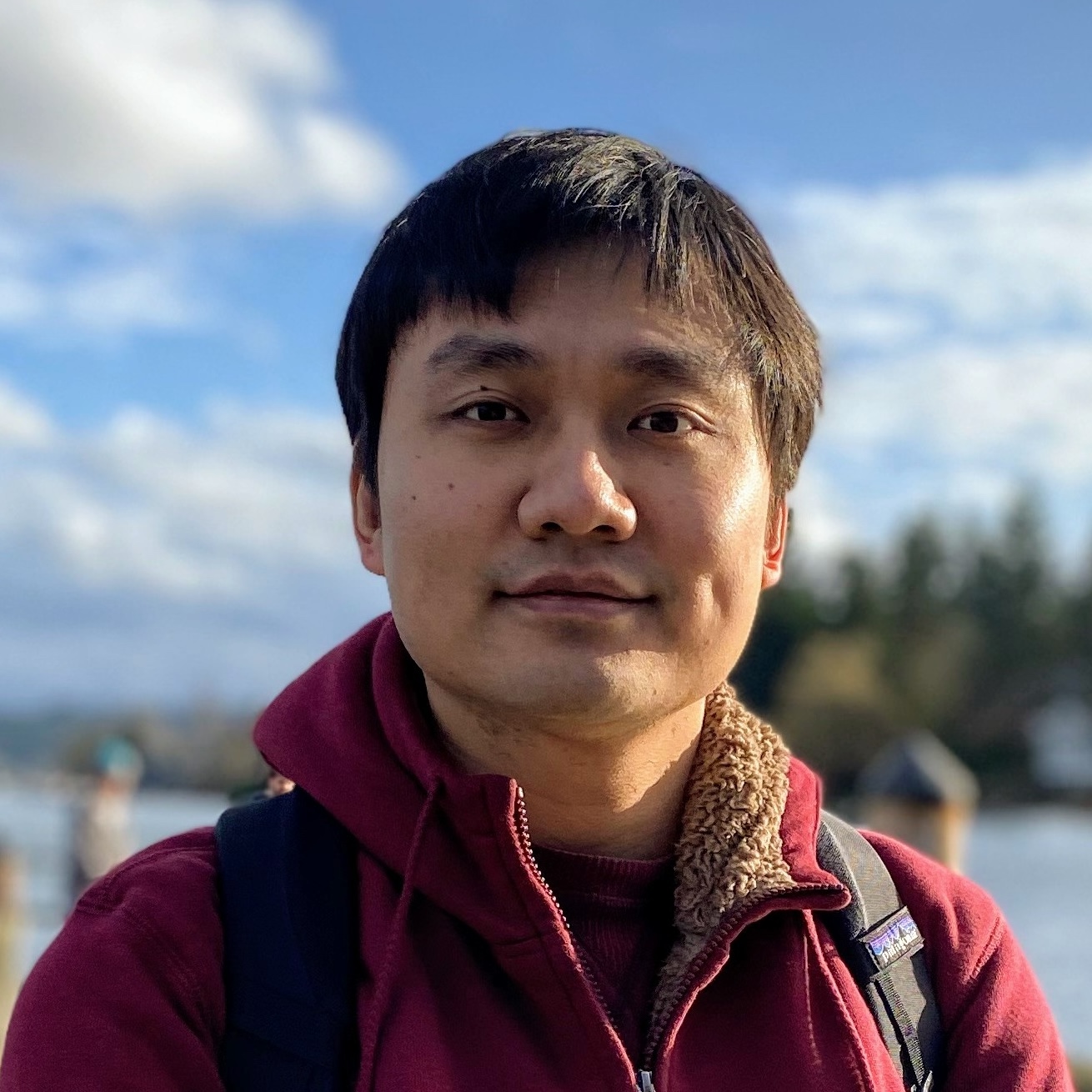
Zhao Dong Graphics Research Lead at Meta Reality Labs. He leads a team at Meta on computer graphics, aiming at building next-gen human centric computing platform for AR/VR/Metaverse.
Organizers

Amazon

Simon Fraser University
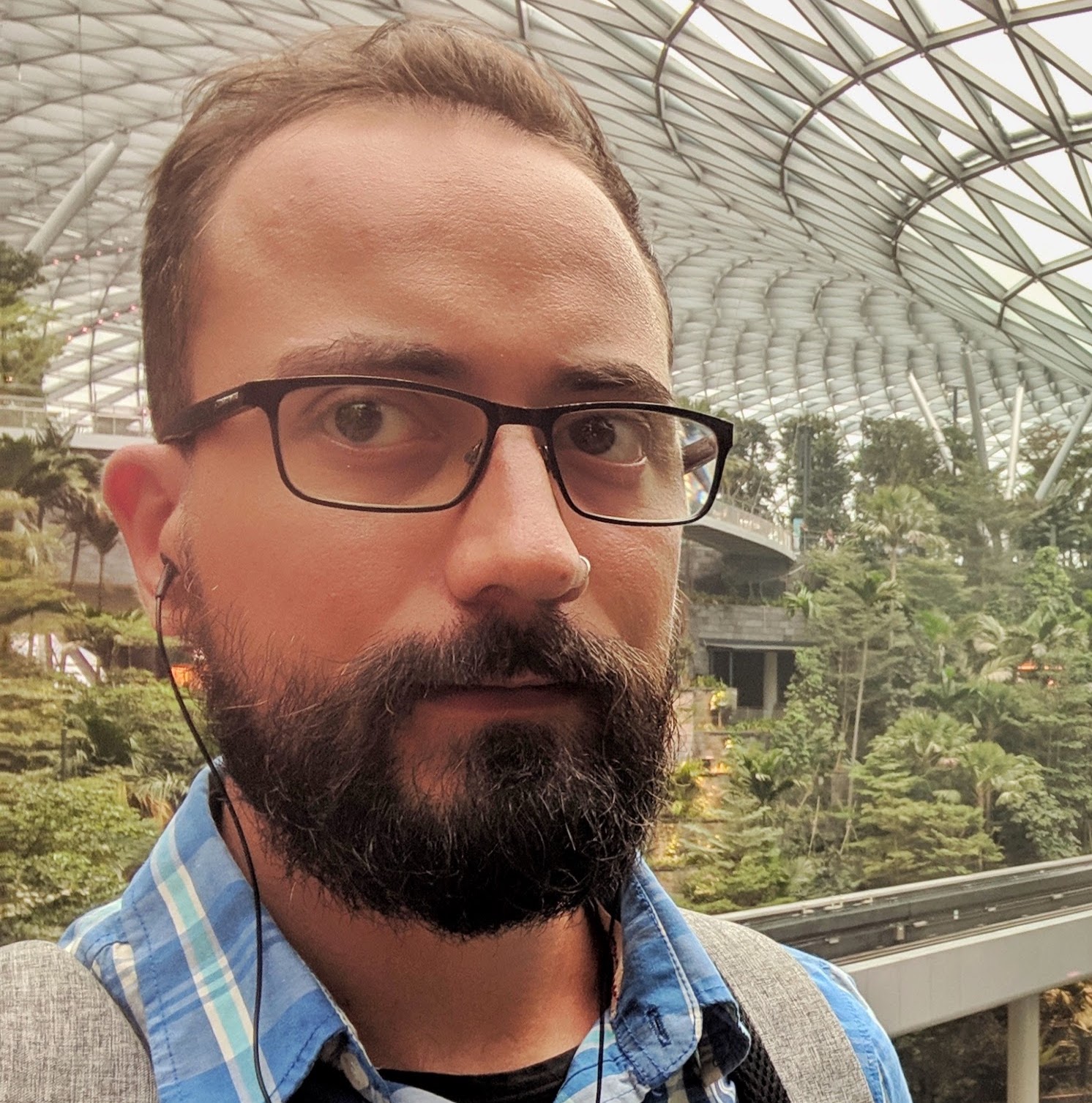
Amazon
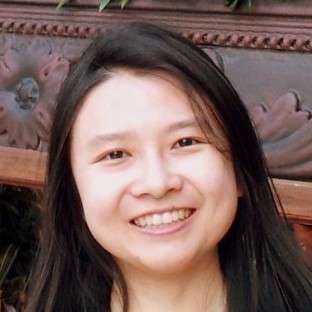
Simon Fraser University

Amazon

Brown University
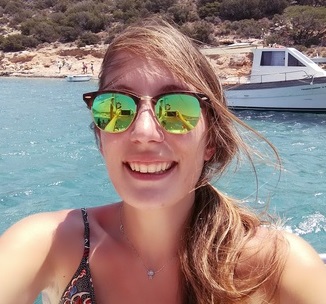
Stanford University
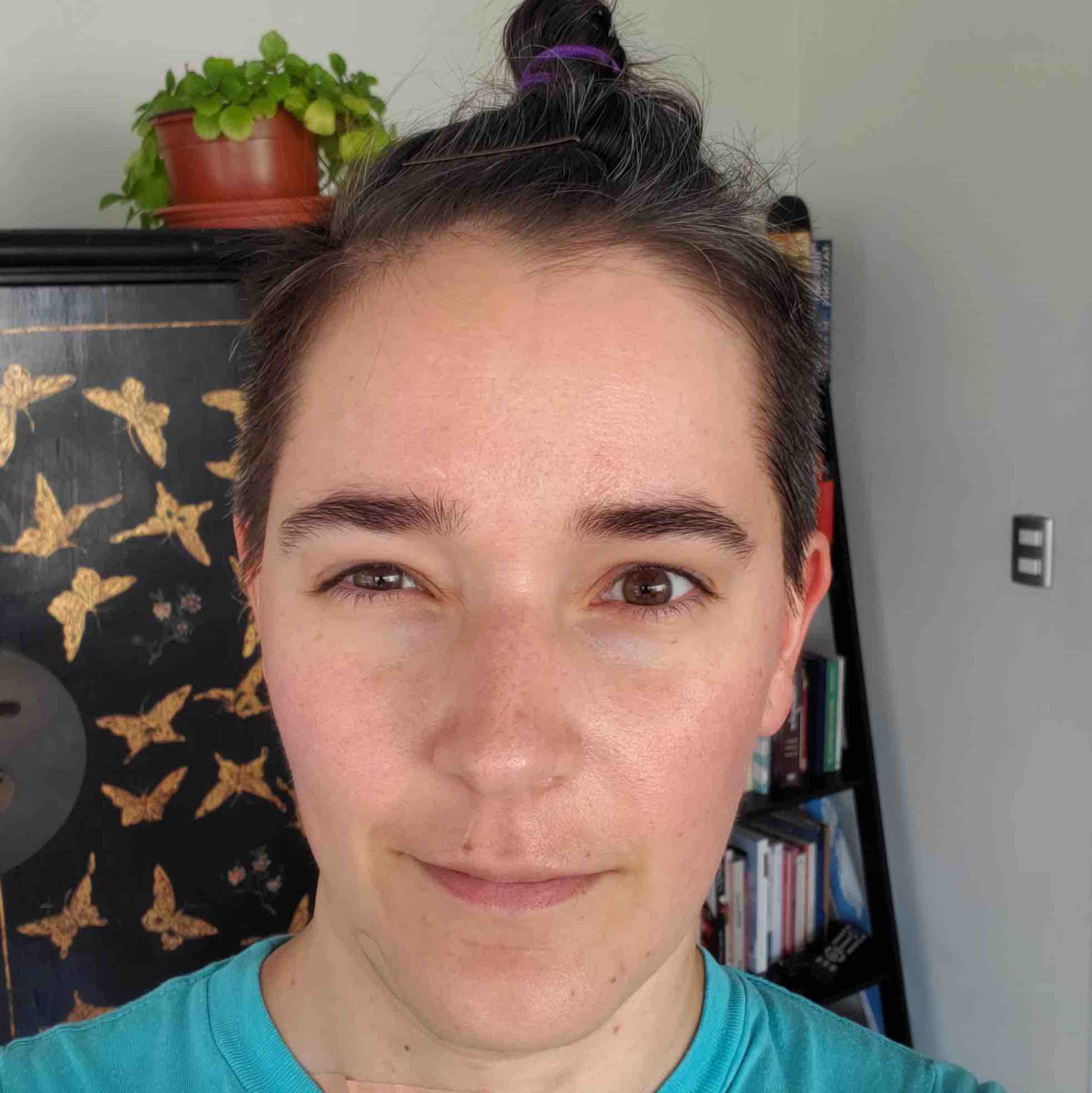
Amazon

Zalando
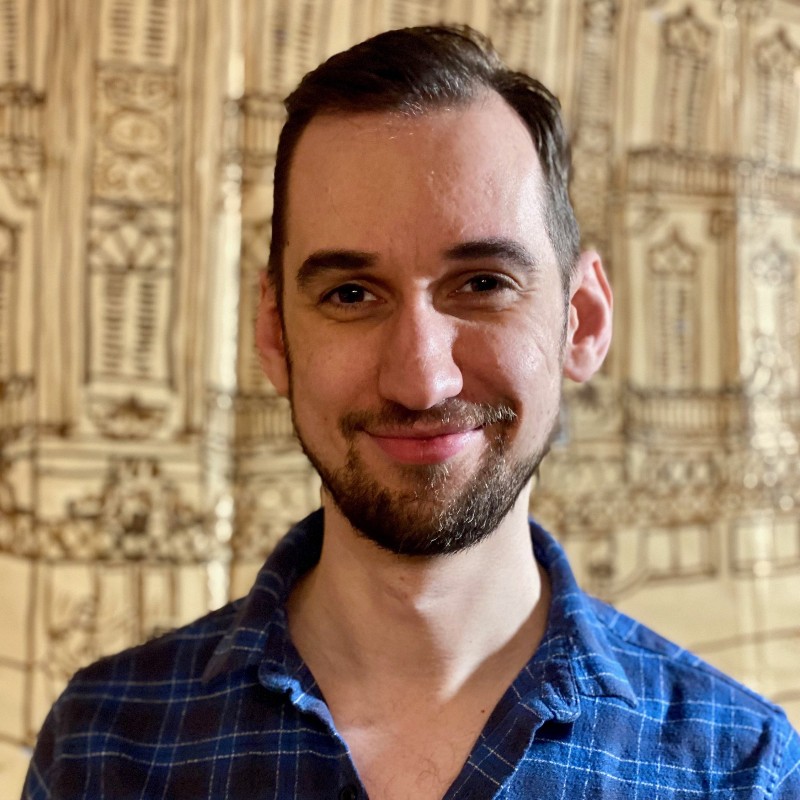
Amazon

Meta
Acknowledgments
We thank visualdialog.org for the webpage format.
